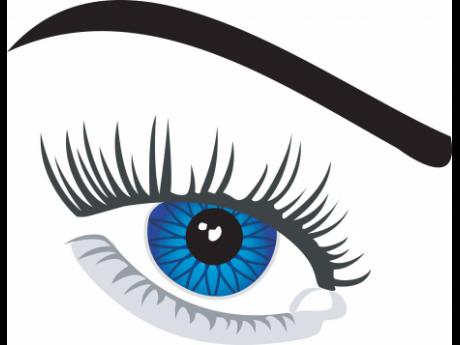Ask your eye doctor | Small prints getting jumbled
Q: Doctor, I find lately although I can see clearly in the distance, small prints are becoming jumbled and causing me a headache. Why?
A: As we age beyond 40 for most, the muscles that control the focusing ability of our lens become less efficient while our lens hardens. This makes changing focus from distance to near difficult. The condition is called presbyopia.
Q: If blindness runs in my family, should I be concerned?
A: You should be, to the extent of getting an early routine eye examination. Some conditions like glaucoma can be hereditary, and are best managed when detected early. Other causes of blindness are related to chronic non-communicable diseases, such as diabetes and hypertension. Therefore, regular checkups with your general practitioner are also important. Knowing the age of onset of the vision loss in family members is also important.
Q: Why do my eyes water and I am not crying?
A: Tears consist of watery (aqueous), oily (lipid) and mucous (protein) layers. If the proportions are wrong, there may be overproduction of watery tears. This is tear film instability, which is a form of dry eye (ironically). Damage to the eye surface caused by exposure to the elements may also cause a condition called Ocular Surface Disease. These damaged areas on the Corneal surface can cause irritate and hence watering. If the ducts that take tears from the eye's surface are blocked, this can also cause watery tears to overflow.
Q: Can I sleep in my contact lenses?
A: You should not. Though some contact lenses are semipermeable (breathable), thereby allowing oxygen to reach the cornea, the risk of damage and infection to the eye is increased when you sleep in your contacts. This is potentially worse if you have dry eyes. The lens may also get dislodged during sleep causing trauma (in the process of retrieving them).
Q: Driving at night is becoming difficult. Lights from oncoming vehicles look scattered. Why?
A: The cause may vary from dry eyes and ocular surface problems, to early cataracts. Especially if you are over 60, cataracts are the most common cause of this scattering of night lights. Cataract is the opacification or fogging of the lens of the eye. Removing the cataract early and replacing with a clear intraocular lens implant solves the problem. Visit your ophthalmologist to do the evaluation. If pain occurs on these occasions during night driving, the problem may be narrow angle glaucoma. which can be devastating.
- Dr Maynard McIntosh is an ophthalmologist. Ophthalmic Suites, 34 Lady Musgrave, Kingston 6.
Tel: 876-403-3939. Email questions to: p.mcdonald@ophthalmicsuites.com; yourhealth@gleanerjm.com.

